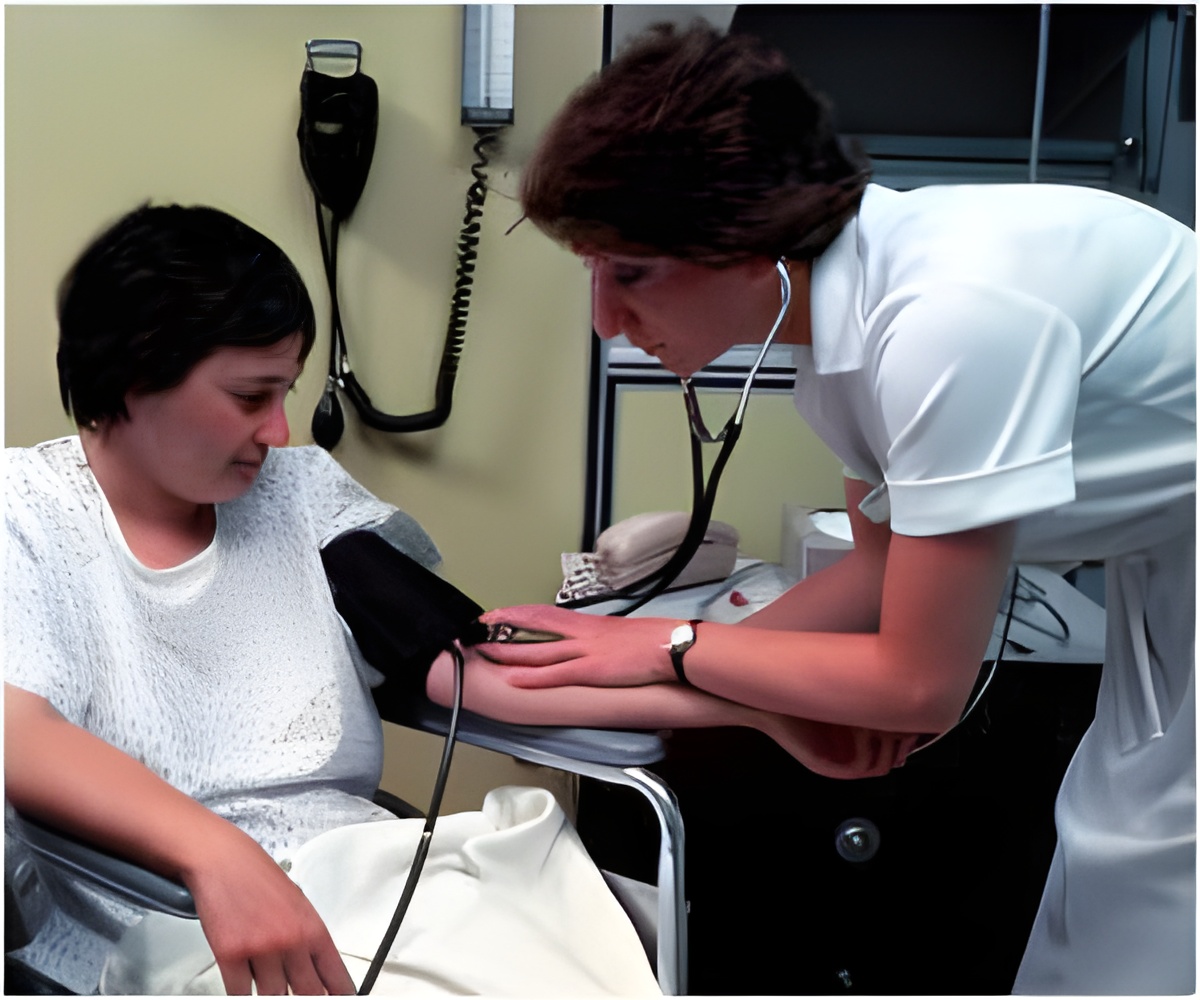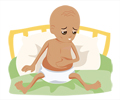New research shows that existing training may not adequately challenge nursing students' pre-existing assumptions about poverty and that more needs to be done to help nurses reflect on their role in combating the societal stigma of poverty.

TOP INSIGHT
Students may bring their biases to volunteer experiences, Dr. Alexander explained, and may have those biases confirmed rather than challenged.
The results were published March 5th in the https://www.healio.com/nursing/journals/jne/2020-3-59-3/%7B3371cd38-5176-4dda-a2e5-bc6ca21259dc%7D/the-relationship-between-past-experience-empathy-and-attitudes-toward-poverty">Journal of Nursing Education.
The researchers surveyed 104 nursing students using the Jefferson Empathy Scale, an internationally-used tool to measure empathy in healthcare contexts, and a second validated survey called Attitudes Towards Poverty (short form) at one time point. They also collected demographic information on students, which included questions on exposure to poverty through lived experience or volunteer experience, as well as age, gender, ethnicity, religion and others.
"What surprised us at first was that personal experience with poverty didn’t necessarily yield higher empathy scores," says Dr. Alexander. "In fact, the scores were the same as average. What was more surprising was that those students who had interacted with poverty through volunteer experiences had lower empathy scores than the remainder of the cohort."
"The volunteer experience is central to a lot of medical and nursing-school pedagogy," says Dr. Alexander. "It’s this idea that exposure is enough to help challenge assumptions, and remove stigma. But it may not have the effect we think it’s having. Our results suggest that service learning isn’t enough, and it may be, in fact, detrimental."
One intervention that Dr. Alexander finds particularly useful to gently help identify and help dismantle each student’s pre-existing opinions surrounding poverty is self-reflection through journaling and peer-reflection and discussion.
Source-Eurekalert
 MEDINDIA
MEDINDIA

 Email
Email




